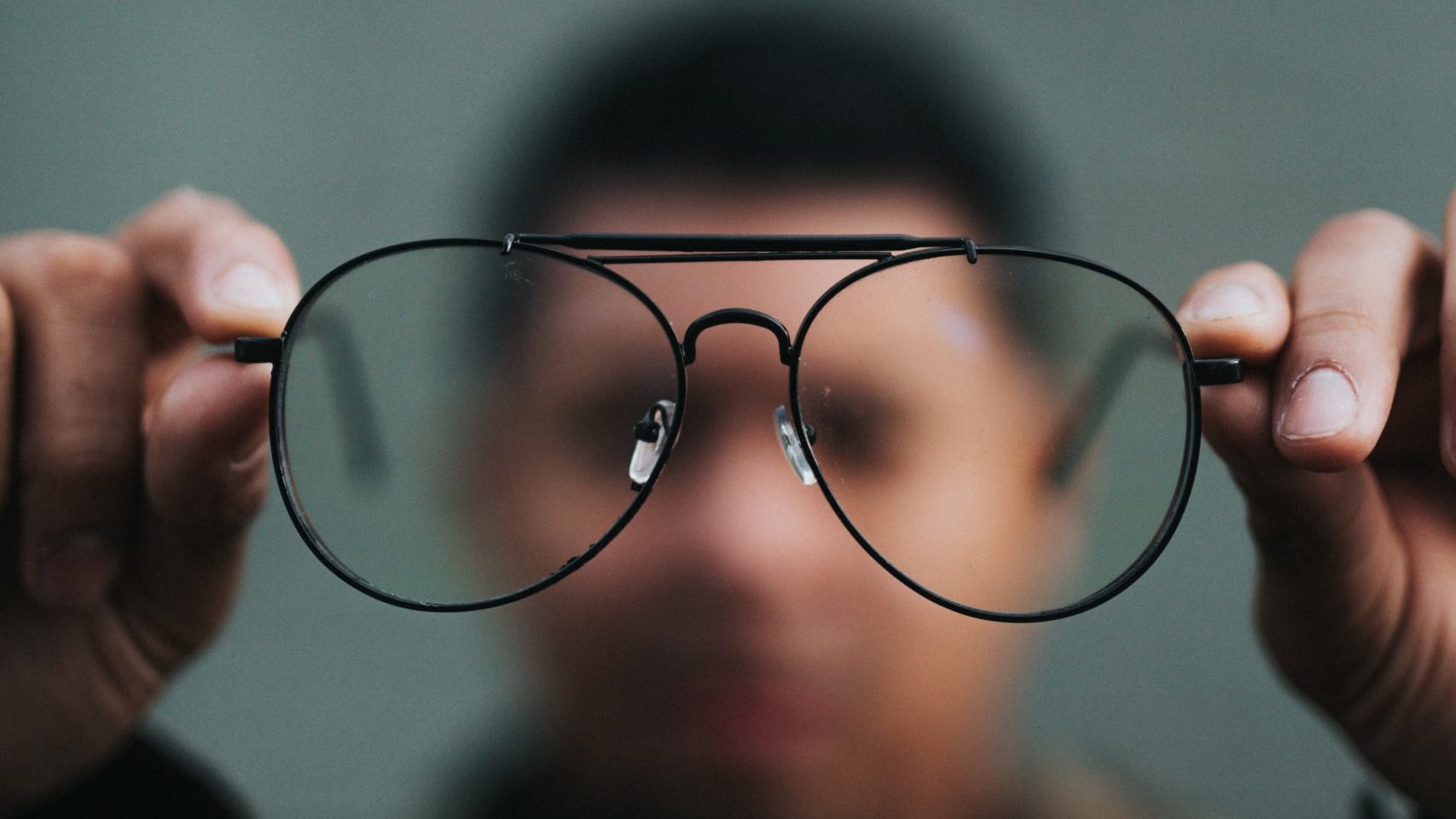5 Causes of Poor Eyesight and How to Avoid Them

Poor eyesight is not only caused by health and medical conditions that we may have acquired since birth or through environmental factors. Unfortunately, it is often the result of bad habits and a lifestyle that preexisting health conditions may have worsened.
Aside from your personal lifestyle choices, your family’s medical history could indicate you are having eyesight problems in the future. In the United States, the most common eye problems are age and refractive errors, including myopia, hyperopia, and astigmatism.
While poor eyesight can result from hereditary traits, some everyday habits contribute to the early onset of poor vision. With that said, what are the most common causes behind sight problems?
1. Lack of Sleep
Getting fewer than six to eight hours of sleep every night can lead to eye fatigue and strain. That happens because the eyes don’t have enough time to get continuously lubricated. Hence, not only do our minds and bodies need rest, but so do our eyes.
2. Too Much Screen Time
When we work on our computers for too long, our eyes can become dry, blurry, and have other health-related concerns. When you spend too much time facing the computer, it’s best to protect your eyes with digital screen protection glasses. However, that alone won’t suffice. Part of healthy living is balance, and you should still monitor your screen time.
If you work a desk job, make a point of taking regular breaks every twenty minutes. Look away from the screen and observe an object in the distance to give your eyes a break. Also, blink slowly every ten minutes to help lubricate your eyes.
3. Rubbing Your Eyes Too Often
You may think that rubbing your eyes is a harmless habit, but doing that too often can actually lead to new or worsening eye problems. Rubbing your eyes too often can result in a worsened myopia and glaucoma. In addition, excessive eye rubbing can also lead to Keratoconus, or when the cornea reshapes and thins down to a cone shape, affecting your vision.
4. Low Water Intake
Not drinking enough water can result in dehydrated eyes, leading to dry, puffy, and red eyes. For males, 15 and ½ cups of water per day should be enough, while for females, it should be 11 and ½ cups.
There is no exact number of glasses of water to drink every day, but the best indication of hydration is in your urine colour. If it’s a light yellow, then you’re properly hydrated. If it’s clear, you may be overhydrating.
5. Poor Diet
Aside from your water intake, the types of food you put into your body also matter in keeping your eyes and eyesight healthy. Prioritise leafy vegetables, eggs, nuts, and seafood in your daily diet. Eating unhealthy food is bad for your eyes and may lead to sight problems.
Final Thoughts
Everyday habits we think are insignificant may actually lead to eye complications. But we can do something about it. Focusing on a diet rich in Vitamin A and lutein can help keep your eyes healthy even as you age. Eat more carrots, spinach, sweet potatoes, and Brussel sprouts, alongside avoiding damaging habits such as too much screen time.
If you’re already experiencing blurred vision, don’t let it slide. Seek care in the form of corrective lenses. It’s best to schedule an appointment with your optometrist immediately so you can learn more about improving your eyesight for the better.
At Vision & Eyes, we focus on helping clients get the best vision health and optical care in the United Kingdom. We’ve built a 35-year service with expertise in providing numerous visual concerns with solutions, such as eye drops, supplements, and vitamins. We are committed to helping clients see much more clearly. Get in touch with us today, and let us help you take proper care of your vision!
